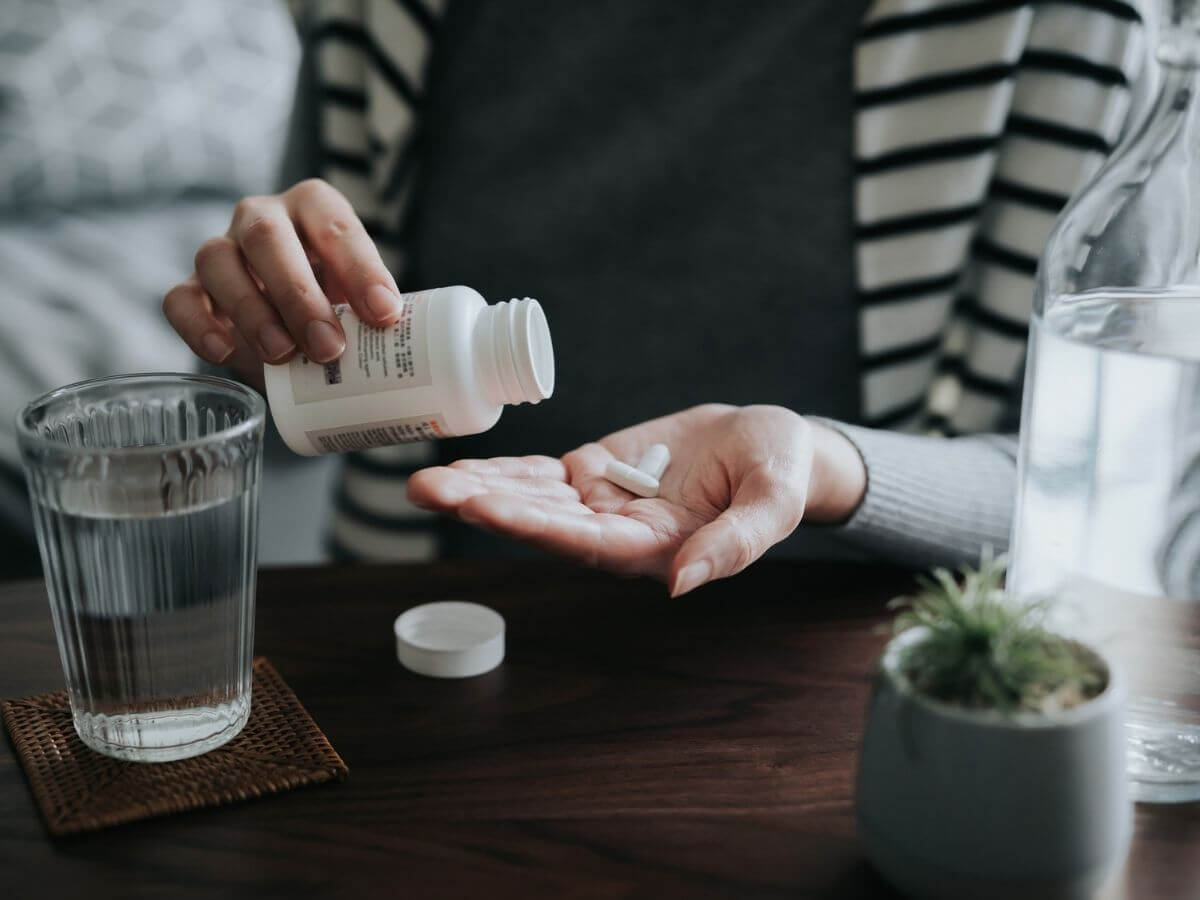What Is Amoxicillin?

Amoxicillin is an antibiotic medication. It’s taken by mouth to stop the growth of certain types of bacteria in the body.
Amoxicillin is for bacterial infections only. It doesn’t work on viral infections like the common cold, COVID-19, etc. It’s also important to note that taking an antibiotic when it isn’t needed can decrease its effectiveness when it’s used correctly in the future.
What Does Amoxicillin Treat?
Amoxicillin is used to treat a wide variety of illnesses and infections caused by bacteria. This includes:
- Bronchitis
- Ear infections
- Tonsillitis
- Pneumonia
- Infections of the nose and throat
- Urinary tract infections
- Skin infections
- And others
As with all prescription medications, you should only use amoxicillin under a doctor’s supervision. Typically, your doctor will advise you to continue taking the medication until it’s gone. Stopping your treatment before then, even if you start to feel better, may allow your infection to linger.
If you end up with leftover medication for any reason, you should discard it safely. Never use old medication to treat a new infection.
Never Miss a Beat
Get the health and wellness news that matters most delivered straight to your inbox. Subscribe to our free email newsletter to stay up-to-date on the latest news and more.
What Are the Side Effects of Amoxicillin?
Amoxicillin is a safe, widely prescribed medication. Even so, it can cause side effects. These side effects are typically mild but can be serious in some instances.
Common amoxicillin side effects include:
- Diarrhea
- Nausea
- Vomiting
- Headache
- Changes in sense of taste
If you experience serious side effects from amoxicillin, you should talk with your doctor immediately or seek emergency medical care. These serious side effects include:
- Hives
- Itching
- Rash
- Skin peeling or blisters
- Severe diarrhea with bloody or watery stools (may be accompanied by fever and stomach cramps, and can occur up to two months after treatment)
- Difficulty swallowing or breathing
- Wheezing
- Swelling of the throat, tongue, lips, face, or eyes
Does Amoxicillin Expire?
Amoxicillin has a specific shelf life. This period is based on the form (liquid, capsules, etc.). The liquid form (called a suspension) has the shortest shelf life. You must store it in the refrigerator and use it, as directed, within 14 days.
You should never use antibiotics or other medications after their expiration date. Unless told by your doctor not to do so, you should discard unused medication after your treatment for a particular condition is complete. When you do, you must follow the disposal instructions on the packaging or use a drug “take-back” program.
What Should You Avoid While Taking Amoxicillin?
Before taking amoxicillin or any prescribed medication, you should tell your doctor if you’re allergic to any medications, including penicillin antibiotics. You should also tell them about any medications you’re currently taking, if you’re pregnant or plan to become pregnant, or if you have or have had any serious medical conditions including kidney disease, mononucleosis, and asthma.
Your doctor may tell you not to eat food or certain types of foods around the time that you take your medication. They may also have instructions regarding the use of tobacco or alcohol while you’re taking amoxicillin. Be sure to follow those instructions carefully to avoid interactions with your medication.
Find a Baptist Health Provider
Amoxicillin can be used to treat many bacterial infections effectively. If you think you may have an infection that requires treatment, contact your Baptist Health doctor.
If you don’t yet have a provider, you can find one near you in our online directory.
Next Steps and Useful Resources
Find a Provider
The Biggest Medication Mistakes People Make
Bacterial and Viral Infections
Be Smart About Antibiotic Usage



.jpg?rev=9ddf6790805749b994e44780efdfb13c)